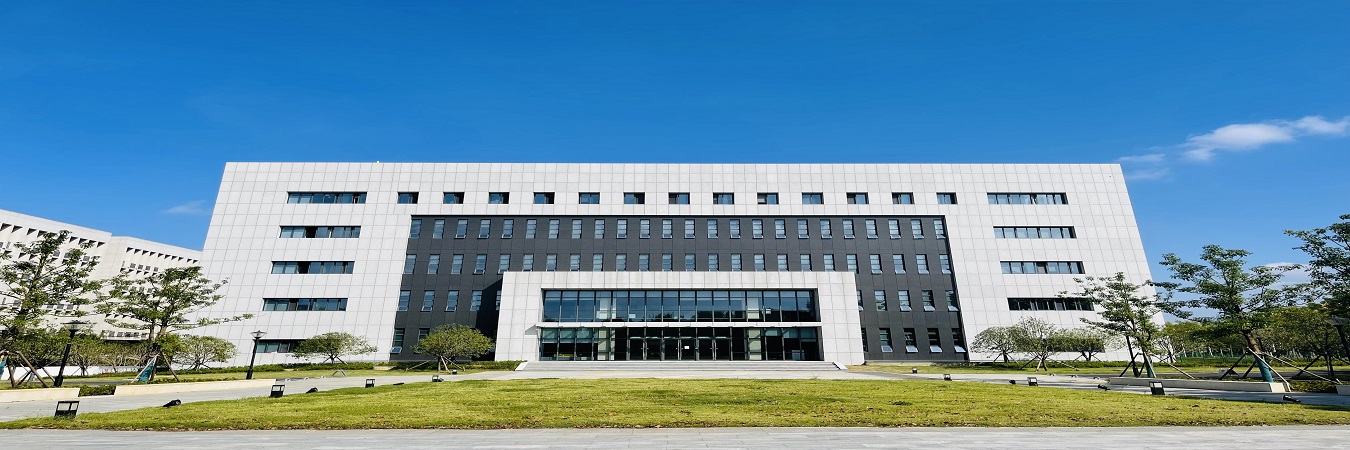核心提示:11月14日16时,应yl23455永利邀请,Campden BRI成员&培训和文化卓越部的负责人Bertrand Emond来公司进行学术交流。在食科院504会议室进行了主题为“How to Create and Maintain a Strong Food Safety & Quality Culture?”的精彩报告,吸引了众多师生前来学习。

(食品科技学院通讯员 李萌 供图 李萌) 11月14日16时,为了提高公司研究生对于食品行业的宏观概念,加深对企业文化的理解。公司邀请了Campden BRI成员&培训和文化卓越部的负责人Bertrand Emond在食科楼504会议室进行学术交流,本次学术交流围绕“How to Create and Maintain a Strong Food Safety & Quality Culture?”主题进行,使大家受益匪浅。
首先,Bertrand Emond教授向同学们讲述了一系列事例,包括:2008年8月,在加拿大爆发的一场由单增李斯特菌污染肉类而导致的食品安全中毒事件;NASA的挑战者号在发射73秒后飞机爆炸,使得机上7人瞬间被融化的事件。向我们引出了“什么是企业文化?”这一问题。随即对此问题从现象、表面价值和潜在价值三方面进行讲解。
随后,Bertrand Emond教授从参与者、过程、目的和积极主动性四个层面向我们详述了文化卓越性评估的架构,指出:参与者层面主要包括赋权、奖励、团队合作、培训和沟通五个方面;过程层面主要包括控制、协调、一致性、系统性和前提五个方面;目的层面主要包括前景、价值、策略、目标和指标五个方面;积极主动性主要包括意识、远见、创新、学习和投资五个方面。
接下来,Bertrand Emond教授提出并讲解了如何重整企业文化,其方法步骤主要包括:了解需变更的区域、为改变创造条件、确定领导者、制定行动计划、减少障碍风险、实施计划、评估加固计划、保持良好发展、评估影响。最后,Bertrand Emond教授送给大家一句话“By failing to prepare, you are preparing to fail…”
本次讲座最后,中国农业大学严教授对整个报告内容进行总结,使大家更深入的了解到企业文化的内涵。会后,现场多名师生与Bertrand Emond教授和严教授进行了进一步的探讨和交流。
【背景资料】
Bertrand Emond is Head of Membership & Training and Culture Excellence Lead
at Campden BRI, the world’s largest independent provider of practical scientific, technical, regulatory, training and information support to the food, drink and allied industries.
Campden BRI currently serves over 2500 member companies, ranging from large international businesses to small individual operations, in 88 countries worldwide. Founded in 1919, it now offers a wide range of analysis and testing services as well as operational support underpinned by a vigorous programme of research and innovation and disseminated through extensive knowledge management activities – including training and publishing leading industry guidance. Many of its activities are independently accredited.
Bertrand holds a Master of Food Science & Technology and a Master of Business Administration. For the last 30 years, Bertrand has been helping companies of all sizes from all parts of the agri-food chain to survive and grow. He has taken part in a number of local, regional, national and international initiatives aiming to support businesses with respect to Quality, Safety, Efficiency and Innovation, including:
GFSI Stakeholder - Member of the Food Safety Culture Technical Working Group 2016-18; University of Nottingham UK Competencies for Food Graduate Careers Project Stakeholder; IFT Global Challenge Mentor and IFT British Section President; IAFP Silver Sustaining Member and IAFP Food Safety Education and Food Safety Culture PDG member; FSPCA International Subcommittee Trainer Network Member.
He is passionate about supporting the industry in the areas of skills, knowledge, training, learning and development, competency, and achieving culture excellence through behaviour change.
审核人:张静妍




